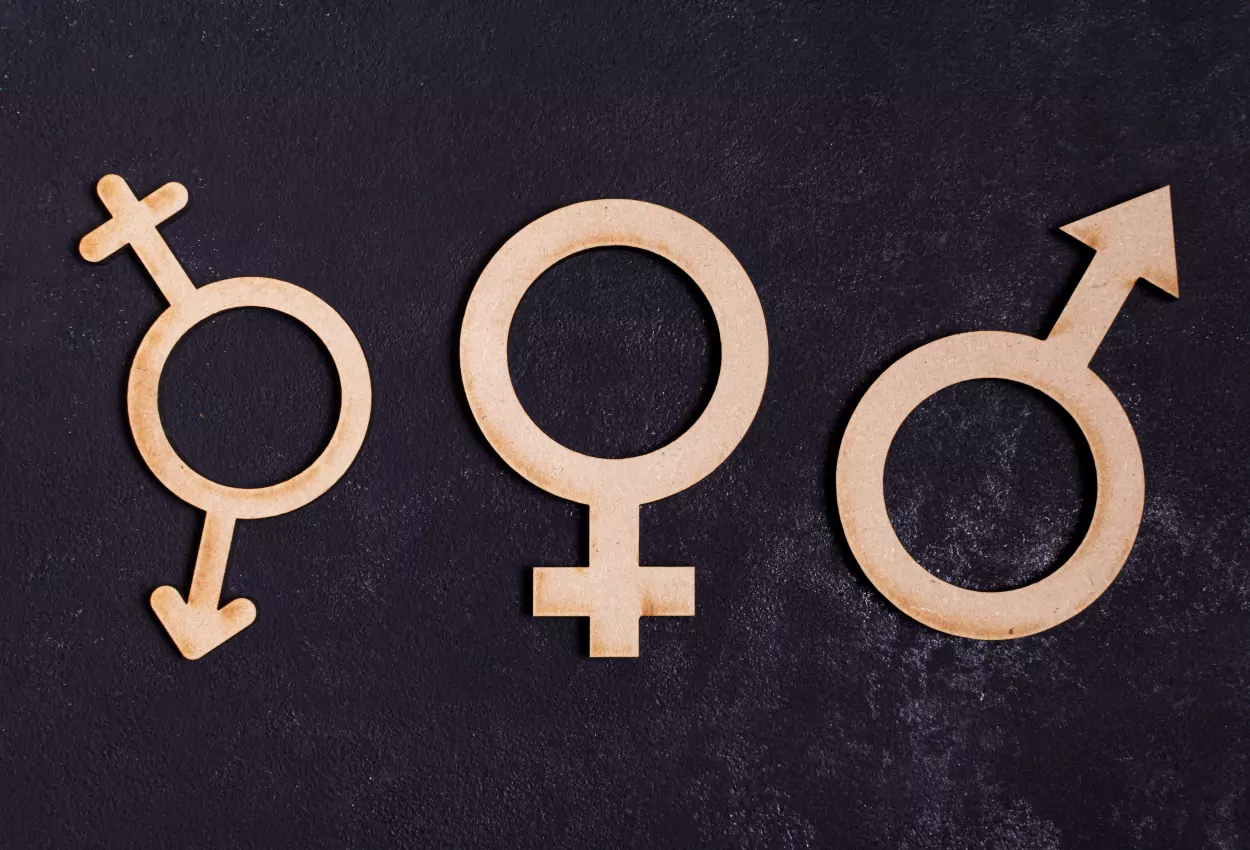Gender equality has long been a global issue that has sparked extensive conversations, campaigns, and movements. While the voices of women have been central to these discussions, the involvement of men as allies in the fight for gender equality is an essential, yet often underemphasized, element of achieving meaningful change. Male allies can play a transformative role in challenging traditional gender norms, amplifying women’s voices, and dismantling the power structures that perpetuate inequality.
The Power of Male Allyship
Male allyship in the gender equality movement goes beyond simple support; it involves actively engaging in the struggle for women’s rights, advocating for equal opportunities, and using one’s privilege to create inclusive spaces. Men, especially those in positions of power or influence, have the capacity to bring about significant change by leveraging their status to challenge discriminatory systems and policies.
Male allies can be instrumental in breaking down the societal and institutional barriers that have kept women and marginalized groups from accessing equal rights and opportunities. Whether in the workplace, educational institutions, or even within personal relationships, men can use their voices to challenge the pervasive gender biases that often go unnoticed or unchallenged.
Challenging Traditional Gender Norms
A significant aspect of male allyship is the challenge of traditional gender norms that reinforce harmful stereotypes about masculinity and femininity. For generations, men have been taught to value traits such as dominance, stoicism, and power, while women have been expected to conform to nurturing and subservient roles. These rigid expectations limit the freedom and opportunities of both genders and perpetuate inequalities.
Male allies who challenge these outdated norms create space for men to express vulnerability, share caregiving responsibilities, and embrace emotional intelligence. By supporting the idea that men can be nurturing, empathetic, and collaborative, male allies help dismantle the toxic aspects of traditional masculinity and redefine what it means to be a man in society. This broader, more inclusive understanding of gender roles not only benefits women but also helps men experience a more authentic, fulfilling life without the constraints of rigid expectations.
Amplifying Women’s Voices and Experiences
One of the most powerful ways men can contribute to the gender equality movement is by amplifying the voices and experiences of women. Often, women’s concerns or perspectives are overlooked or dismissed, especially in male-dominated spaces such as politics, business, or the media. Male allies can act as bridges to these spaces, giving women a platform and ensuring their voices are heard.
By actively listening to and understanding the challenges women face—whether in the workplace, in their personal lives, or in society at large—male allies can provide invaluable support in pushing for change. In doing so, they help create a more inclusive, balanced dialogue around gender issues, which is essential for fostering an environment where all individuals, regardless of gender, can thrive.
Tackling Gender-Based Violence
Gender-based violence (GBV) remains one of the most pervasive issues in the fight for gender equality. While the victims of such violence are predominantly women, the perpetrators are often men, making it crucial for men to take responsibility in addressing this issue. Male allies play a critical role in challenging attitudes and behaviors that condone or enable GBV.
By speaking out against violence, promoting consent culture, and encouraging healthy relationships, men can help reshape societal attitudes toward violence and contribute to the creation of safer environments for women. Male allies must hold other men accountable for their actions, calling out inappropriate behavior, and supporting policies that protect women and marginalized groups from violence.
Male Allies in the Workplace
The workplace is one of the key battlegrounds for gender equality. Women continue to face pay gaps, fewer leadership opportunities, and gender-based discrimination. Men can play a pivotal role in shifting corporate cultures toward greater inclusivity and fairness. Male leaders can set the tone by championing policies that promote equal pay, career advancement, and a family-friendly work environment for all employees.
Furthermore, men can act as mentors for women, encouraging their professional growth and advocating for their recognition and advancement. Male allies can also challenge biases in hiring practices, workplace behavior, and promotion criteria, ensuring that women have equal access to opportunities and resources.
The Ripple Effect of Allyship
Male allyship has a powerful ripple effect. When men stand up for gender equality, they inspire others to follow suit. A single male ally in a leadership position can influence an entire organization, company, or community, changing attitudes and behaviors across an entire spectrum. When men demonstrate the value of gender equality through their actions, it encourages others—both men and women—to take similar steps.
Moreover, male allyship is not limited to public displays or high-profile acts. It is also demonstrated in daily interactions, whether in conversations about gender equality with friends, challenging sexist jokes, or supporting policies that promote equity. These everyday actions, though seemingly small, contribute to shifting cultural norms and creating a more equitable society.
The Challenges of Male Allyship
While the role of male allies is vital, it is not without its challenges. Many men fear being labeled as insincere or being accused of “performing” allyship for personal gain. Some may feel uncomfortable confronting the privileges they hold, or they may worry that standing up for women will make them appear less masculine. These barriers, however, should not discourage men from becoming active allies. In fact, these very discomforts highlight the importance of men engaging in gender equality work—it is not about virtue signaling, but about real, sustained effort toward change.
Conclusion
The fight for gender equality is not one that women should face alone. Male allies have a critical role to play in challenging harmful gender norms, amplifying women’s voices, and advocating for systemic changes that promote equality. As men continue to use their platforms and privileges to support gender equality, they contribute to a broader cultural shift that benefits everyone, regardless of gender. By standing together, both women and men can work toward a world where gender equality is not just an aspiration but a reality.



